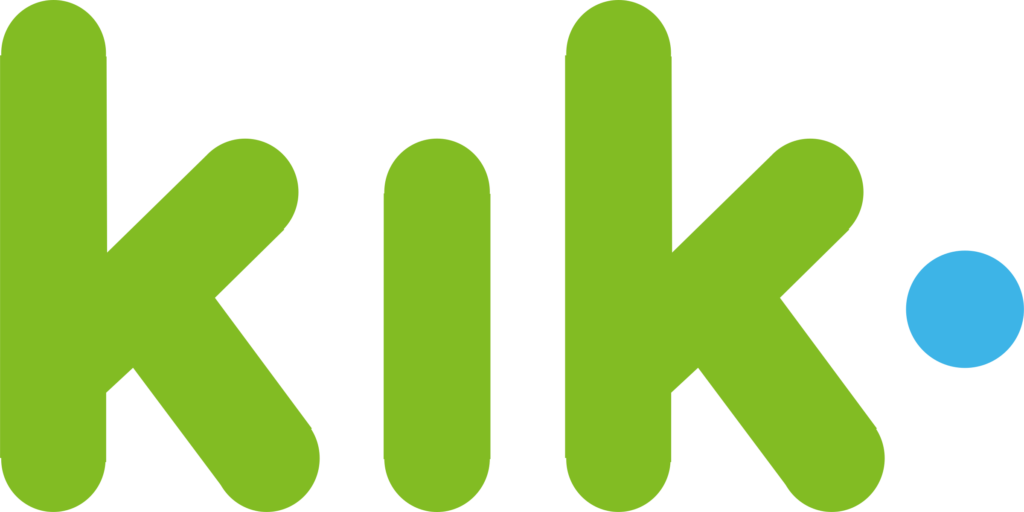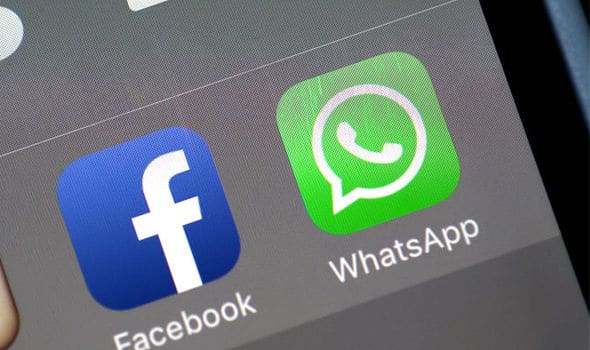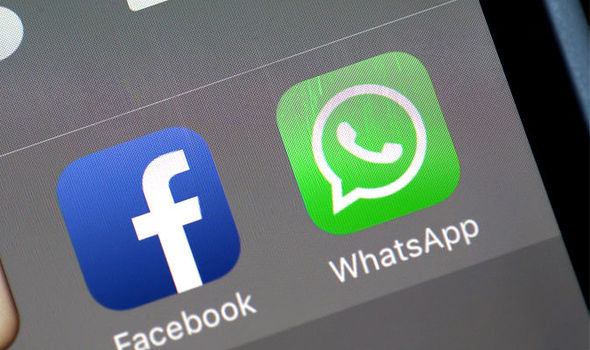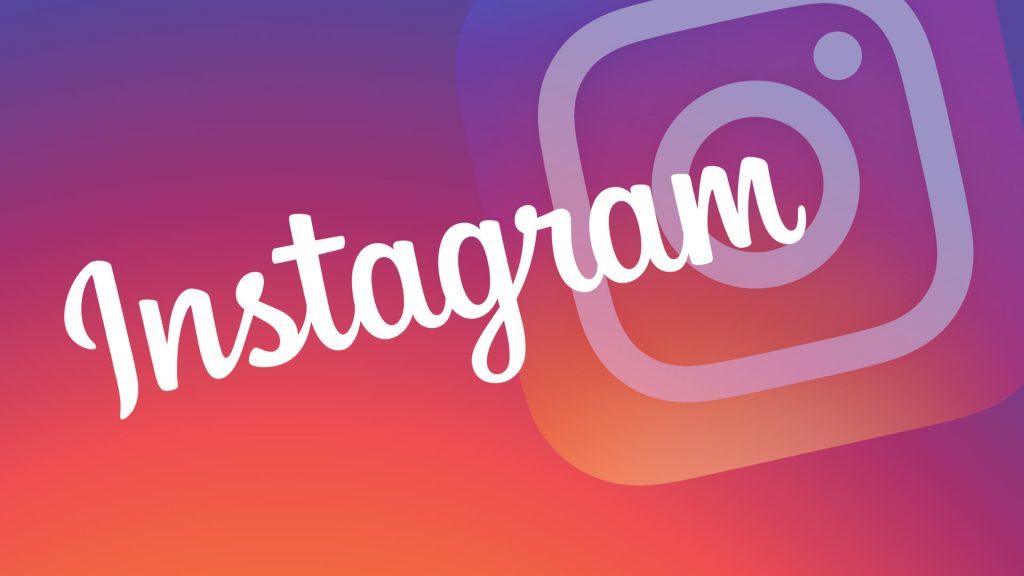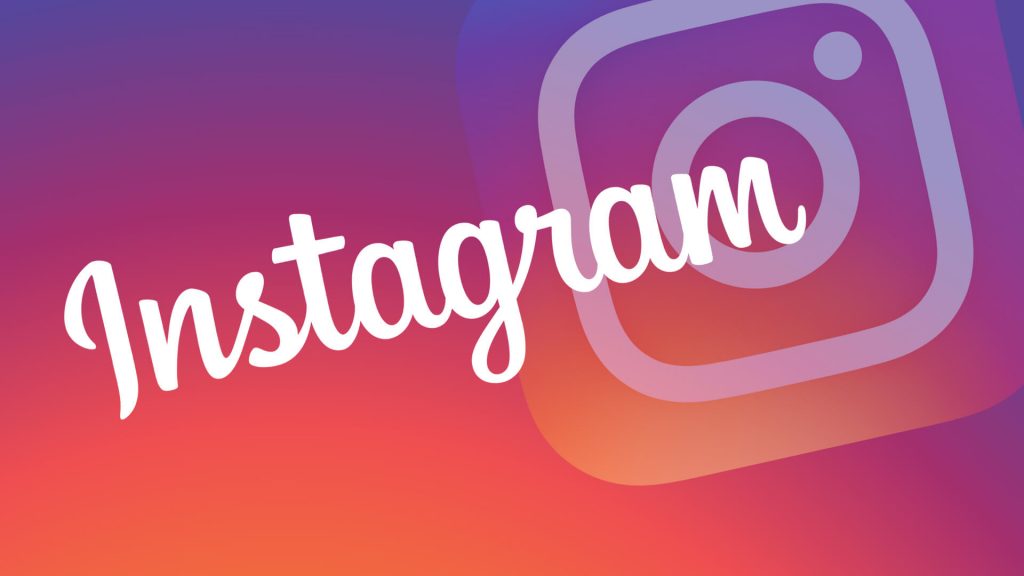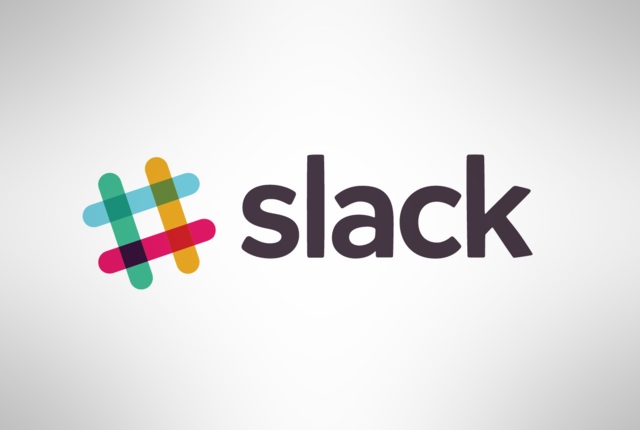Signal launches Stories feature to compete with Instagram
A new Stories feature is now available to all Android and iOS users on the end-to-end encrypted messaging platform Signal.
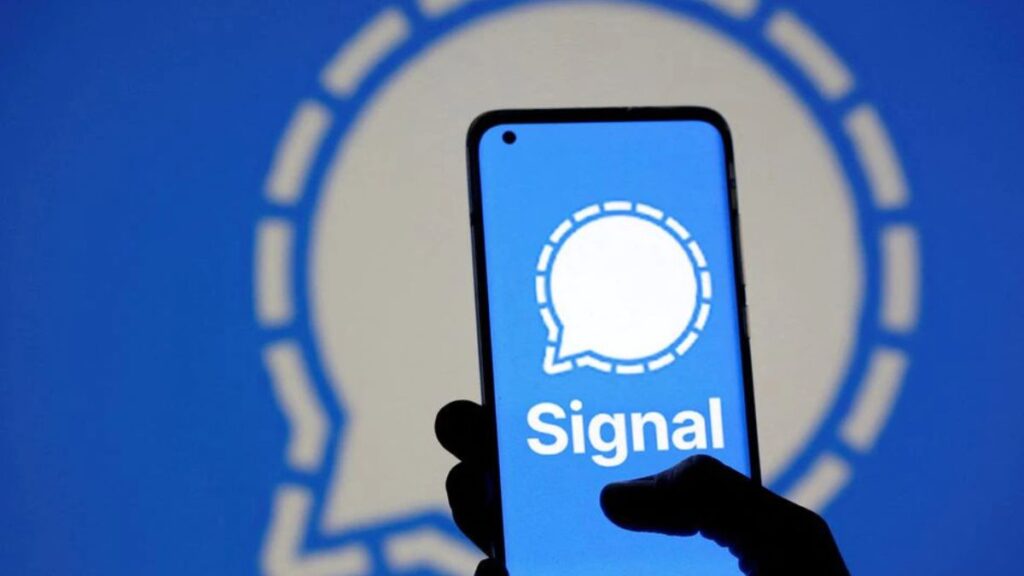
Users will soon be able to share stories on Signal with their friends via a new feature being rolled out by the privacy-focused messaging platform. Stories created on Signal will be immediately erased after 24 hours, much like Snapchat and Instagram, with users given the option to remove them earlier if they like.
Singal noted, “Today, stories have created a major shift in communication in the social media domain, and introducing such cool features is another dynamic to amplify content engagement in a hassle-free mode. There has been conjecture on maintaining privacy, and with the new feature introduced at Signal, it enables the user to have intimate conversations with the people who matter.”
Users have the choice to manually hide their Stories from particular individuals. One can make a custom Story if a user wishes to choose to share Stories with a more selective group of users. Users also have the choice to share Stories with already-existing group chats.
The app provides a feature that enables users to share stories with all the contacts on the app, even those with whom a user has had a one-on-one chat but whose numbers are not in the contact list. This is useful for individuals who wish to reach a bigger audience. The messaging app has also enabled users to share stories with a small group of people and track who has viewed them.
Anyone in the group can view and respond to a story that is shared in a group chat. Additionally, users can see if someone outside the group has viewed their story. Similar to read receipts for chats, users can turn off the seen receipts for their stories from the Settings menu. Users may also opt-out of the Story feature by turning them off in the Stories settings.
The company will eventually make the feature available on desktops as well. The most recent Signal (v6.0) releases for iOS and Android include the new Stories features.
Signal’s dedication to end-to-end encryption is further demonstrated by the platform’s claim that the feature uses the same security measures to protect users’ privacy. The company stated, “Like everything we build in Signal, stories are end-to-end encrypted. The only people who will be able to see your stories are the people you’ve selected–not Signal, not anyone else.”
Although the launch of Stories may appear to be a “big shift” for the platform, the company claims that it is only an additional way for users to privately engage with others. When it pertains to Stories, which originally gained popularity through Snapchat, Signal is a touch behind the trend.
Nearly all well-known platforms, like Instagram, Facebook, TikTok, WhatsApp, Twitter, and LinkedIn, have incorporated the ephemeral function over time. Twitter discontinued its story feature called “Fleets” after admitting that its users never found the feature appealing.
Signal is a cross-platform centralized encrypted instant messenger service. It was developed by a non-profit organization called Signal Foundation and Signal Messenger LLC. The platform allows users to send individual and group messages including voice notes, files, and pictures.
The app can also be used to make individual and group audio/video calls. Standard cellular phone numbers are used by Signal as IDs, and end-to-end encryption is used to protect all communications with other Signal users. The client software has tools that allow users to independently confirm the legitimacy of the data channel and the identities of their connections.

I am a law graduate from NLU Lucknow. I have a flair for creative writing and hence in my free time work as a freelance content writer.


